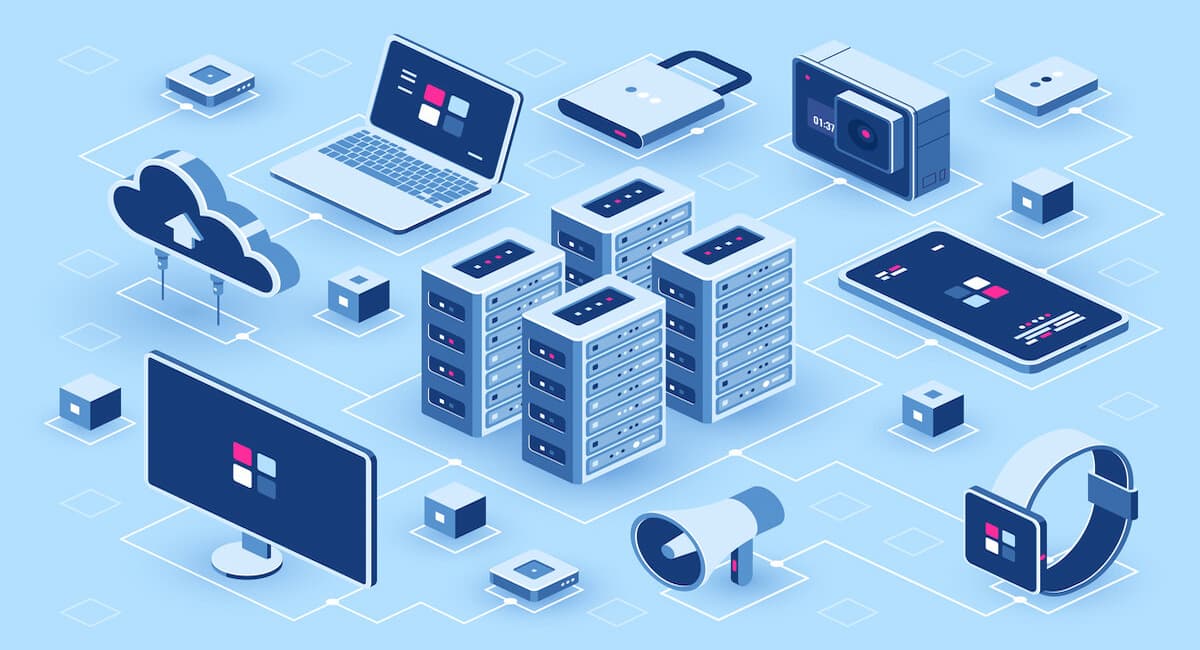
The hiring landscape is changing at lightning speed, and companies are under immense pressure to find top talent efficiently. This is where AI recruiting software steps in, transforming recruitment by automating manual processes and making data-backed decisions. In this guide, we’ll break down how AI recruiting software works, its advantages, and future trends that will shape the world of hiring.
What is AI Recruiting Software?
AI recruitment software uses artificial intelligence to assist in recruitment tasks, from sourcing candidates to screening resumes and even predicting candidate success. By leveraging algorithms and machine learning, these tools take over repetitive tasks, allowing HR professionals to focus on high-level strategies.
How Does AI Recruiting Software Work?
1. Automating Resume Screening
AI systems excel at filtering through thousands of resumes in minutes. They scan for keywords, skills, and qualifications, ranking candidates based on how well they match the job description, saving recruiters hours of manual labor.
2. Proactive Candidate Sourcing
AI tools don’t just wait for applications; they actively search for potential candidates across job boards, social media, and professional networks. These tools can even find passive candidates who might not be looking for a job but fit the role perfectly.
3. Streamlining Interview Scheduling
Scheduling interviews is time-consuming, especially when coordinating between multiple stakeholders. AI automates this process, ensuring candidates and recruiters have compatible slots, reducing back-and-forth emails.
4. Predictive Hiring
AI recruiting platforms analyze historical hiring data to create predictive models. These models help determine which candidates are likely to succeed in the role by assessing previous hires and job performance data.
5. Skill and Behavioral Assessments
Some AI tools incorporate assessments to evaluate candidates’ soft and hard skills. This provides a deeper understanding of each candidate’s competencies, beyond just their resume.
Advantages of AI Recruiting Software
1. Faster Hiring
By automating time-intensive tasks like resume screening, interview scheduling, and initial candidate assessments, AI can significantly shorten the time it takes to fill positions.
2. Reducing Bias in Hiring
Humans are prone to unconscious bias. AI uses objective data to evaluate candidates, helping reduce biased decision-making by focusing solely on relevant qualifications and skills.
3. Enhanced Candidate Experience
AI ensures that candidates receive timely feedback and communication throughout the hiring process. Automated emails and real-time updates keep candidates informed, improving their experience and impression of your company.
4. Improved Hiring Quality
AI helps recruiters make better hiring decisions by providing deep insights into each candidate’s qualifications, reducing the risk of bad hires, and ultimately improving employee retention.
5. Scalability
AI tools can handle thousands of applications at once, making them ideal for large-scale hiring or for companies that are rapidly expanding and need to fill multiple roles quickly.
Challenges of AI Recruiting Software
1. Data Privacy Concerns
AI tools process a lot of personal data. Companies must ensure that they follow strict privacy guidelines and regulations, like GDPR, to protect candidates’ sensitive information.
2. Bias in AI Algorithms
While AI can reduce human bias, it may inherit biases present in historical data. This makes it essential for companies to regularly monitor and update their algorithms to ensure fairness.
3. Cost of Implementation
AI recruiting tools often come with high upfront costs. For small businesses, this investment might be challenging, though the return on investment can be significant in the long run due to more efficient hiring.
Top AI Recruiting Software
Here are some leading AI recruiting platforms:
- HireVue: Focuses on AI-driven video interviews that assess candidates’ responses, facial expressions, and body language.
- Pymetrics: Utilizes behavioral assessments and neuroscience games to evaluate candidates’ soft skills and personality traits.
- Greenhouse: Integrates AI to provide smarter hiring workflows and more insightful candidate data for better decision-making.
Emerging Trends in AI Recruiting
1. Customized Candidate Journeys
AI is personalizing every step of the recruitment process. From tailored job recommendations to individualized candidate communication, these tools create a more personalized and engaging experience.
2. AI-Driven Diversity Hiring
Companies are increasingly using AI to help promote diversity. AI can analyze job descriptions to ensure they are free of biased language and use algorithms to encourage more diverse applicant pools.
3. Predicting Employee Turnover
AI can now analyze behavioral data to predict employee turnover. With these insights, companies can take proactive measures to retain key talent before they consider leaving.
The Future of AI Recruiting Software
Looking ahead, AI recruiting software will continue to evolve. We might see AI take on even more responsibilities in the hiring process, such as conducting initial interviews or negotiating job offers. However, while AI can do the heavy lifting, the human touch will still be essential in ensuring cultural fit and maintaining empathy throughout the process.
Frequently Asked Questions (FAQs)
- What is AI recruiting software?
AI recruiting software automates key tasks in the hiring process, such as resume screening, candidate sourcing, and interview coordination, using artificial intelligence. - How can AI reduce hiring bias?
By focusing on objective criteria like skills and qualifications, AI minimizes unconscious bias. However, it’s essential to ensure that the AI is not trained on biased data to prevent perpetuating bias. - What are the main benefits of AI recruiting tools?
AI tools speed up hiring, improve decision-making through data analysis, enhance candidate experience, and reduce bias, all while being highly scalable. - Is AI recruiting software expensive?
While there are upfront costs, especially for smaller companies, the efficiency gains and improved hiring decisions generally provide a strong return on investment. - Can AI predict a candidate’s success in a role?
Yes, AI tools analyze historical hiring and performance data to predict the likelihood of a candidate’s success in a specific role, helping recruiters make more informed decisions.